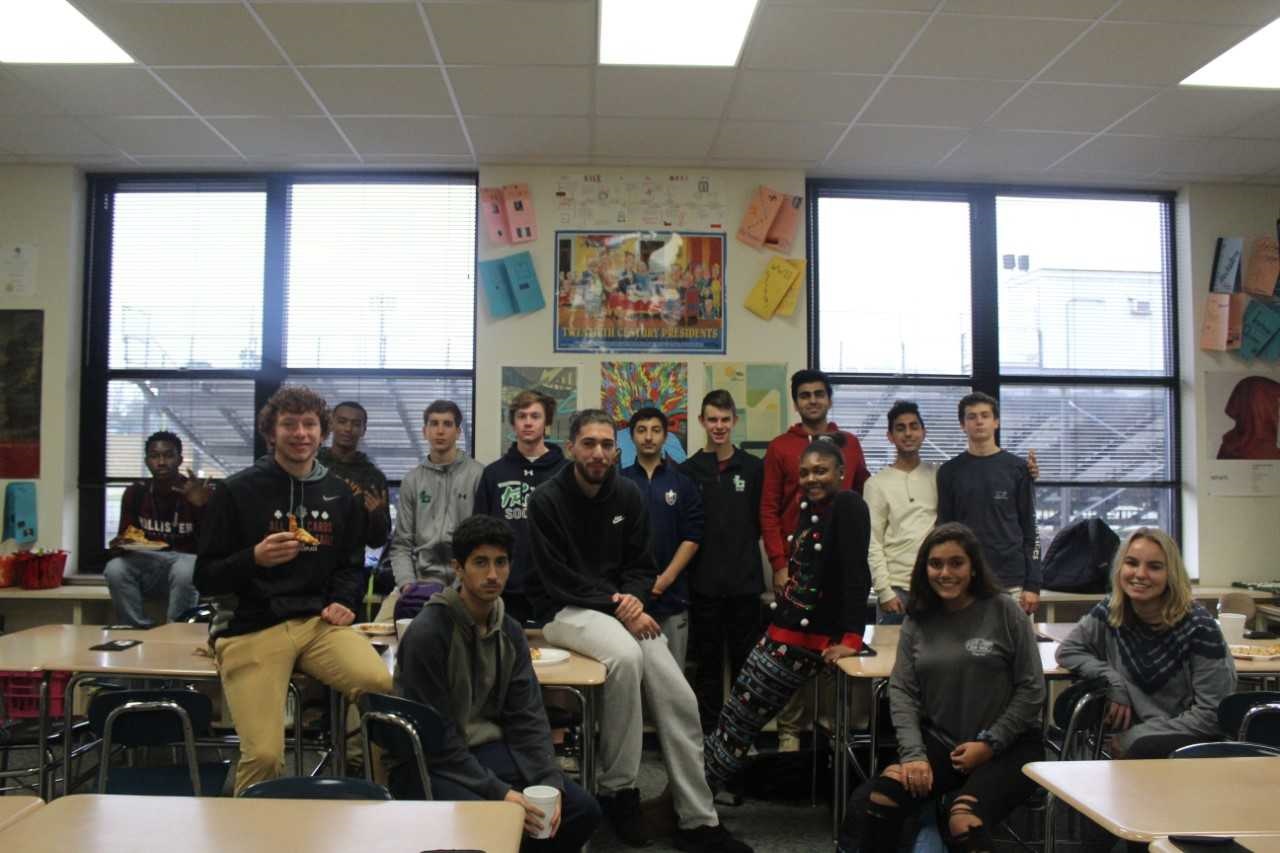It’s five in the morning on a Friday, and while most high school students are fast asleep, Duah Abdrahman is wide awake and praying her morning prayers. Praying five times a day is a pillar for Muslims worldwide and is one of the key differences between Islam and the other top religions of the world. According to a 2010 study, there are 1.5 billion Muslims around the world, and about 3.5 million of those Muslims live in the United States.
News and media outlets create a false front of Muslims, and have been doing so since the turn of the century. Misleading titles and exaggerated stories prove to have harmful effects on the Muslim community. This has not only affected the men and women who practice the faith, but the children too. High school is a crucial time period for many teenagers as they grow and learn about the world around them. This developmental stage requires a supportive and caring environment, which has become difficult for Muslim high school kids to acquire due to harassment and bullying.
In a survey conducted by the California chapter of the Council on American-Islamic Relations, fifty-three percent of Muslim American students surveyed said they were “mocked, verbally insulted, or abused because of their religion”. The truth of the matter is that Muslim children are twice as likely to be bullied than children who hold another faith. Advocates argue that the uptick in harassment and bullying is due to the words of the President who has called Muslims everything from a “sickness” to “ISIS”. Others argue that the harassment stemmed from earlier incidents such as 9/11.
“When I first started high school, it wasn’t too pleasant for me. Some people would yell out the phrase “Allahu Akbar” (God is the greatest) around me and even call me a terrorist and associate me with ISIS as a joke,” said Abdrahman, an American Muslim and Leesville Road High School. While it may have been a joke to her peers, it certainly was not a joke to Duah. Although this type of treatment did stem anger and distress, Duah managed to turn it into something positive. “[I decided] to prove the point on how Muslim people are just [good] people that don’t criticize others on the basis of religion,” said Abdrahman .
While some people use voice and violence to portray their thoughts and emotions on the Muslim population, others simply live in fear. Islamophobia is a growing trend in the United States and around the world and can also be seen in the halls of a high school. “People tend to be afraid to talk to me sometimes because of my headscarf, and I am 100 percent sure I would seem more approachable if I did not wear my headscarf,” said Abdrahman .
Abdrahman’s religion not only affects her peers but also her teachers. “I remember my English teacher asking me to step out of class because the book we were about to read contained things I may feel sensitive about,” said Abdrahman. Little did her English teacher know that there were two other Muslims in the class but Abdrahman was the only one wearing a headscarf. Abdrahman doesn’t blame the teacher, but she wishes that people didn’t assume only hijabi’s (muslim women who wear a headscarf) are Muslim. “There’s a wide variety of us out there,” said Abdrahman. As a Muslim American high school student, Abdrahman also wishes that the people around her wouldn’t be so narrow-minded about Muslim people. “Ask questions and [educate yourself] before going straight to judging,” said Abdrahman.
On February 10, 2015, Deah Barakat, Yusor Abu-Salha, and Razan Abu-Salha were killed in their home in Finley Forest Condominiums in Chapel Hill, North Carolina. The killings occurred over a parking dispute, but was later characterized as a hate crime. On February 11, thousands of people turned up to honor the memory of the three Muslim Americans in “The Pit” at UNC. Chancellors from UNC and North Carolina State University, as well as governor Roy Cooper were present at the funeral that took place on February 15. Family members of the three students want to spread the message of love and awareness in a peaceful manner.
This devastating event struck fear in Muslims around North Carolina. Some people in the community were scared to leave their homes, and others still hold the anger. The brutal truth is that Muslims are targeted every day, and the story of Deah, Yusor and Razan is proof of that. While the pain of this loss and others are heavy in the hearts of some, it’s just a forgotten hashtag for others. Being a muslim high school student is difficult –It requires patience, compassion and an open-mind — but being a Muslim adult in the world is even harder and it shouldn’t be.
If you’d like to gain more information and join the movement against hate, please visit https://ourthreewinners.org/.

Leave a Reply